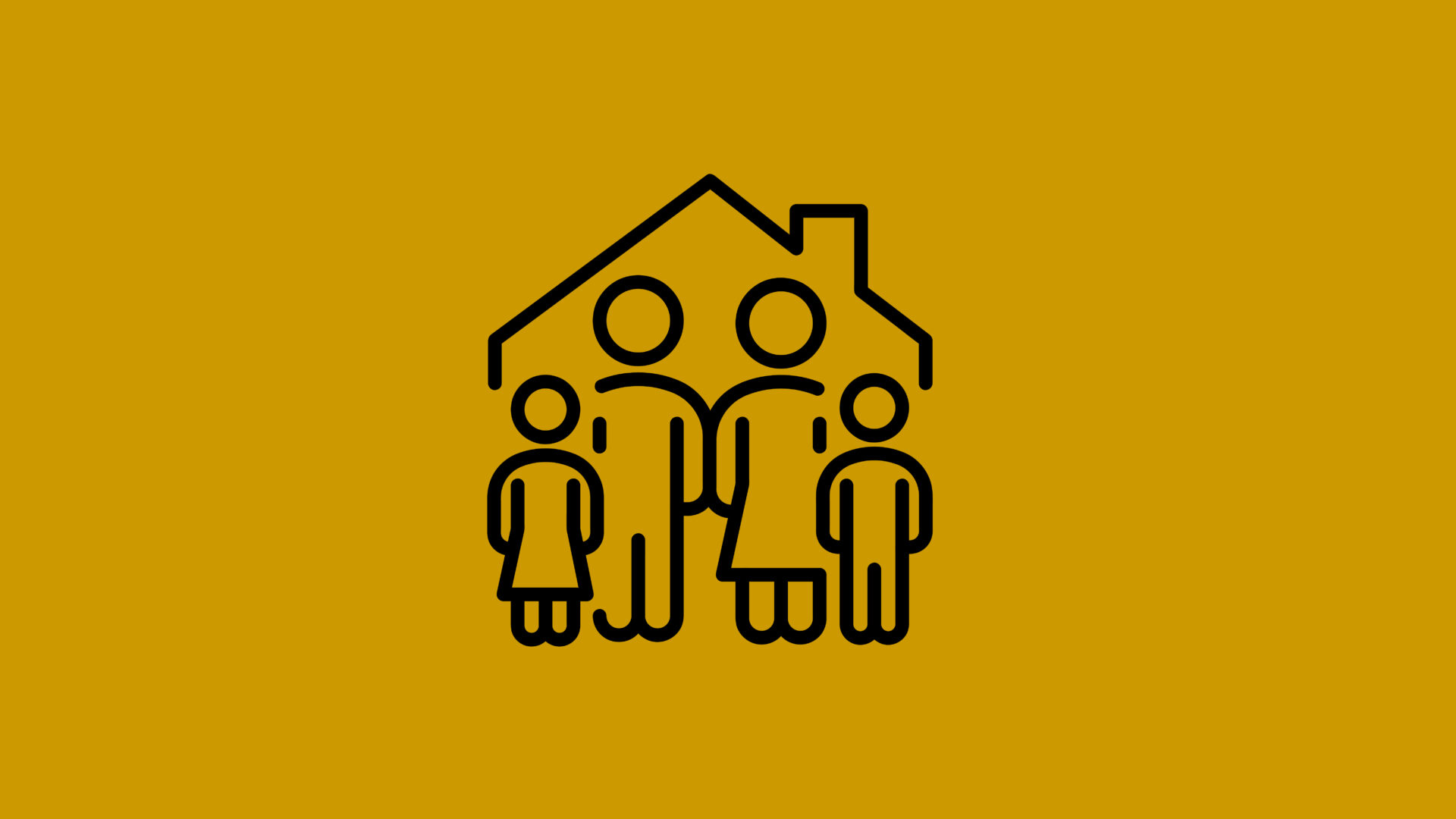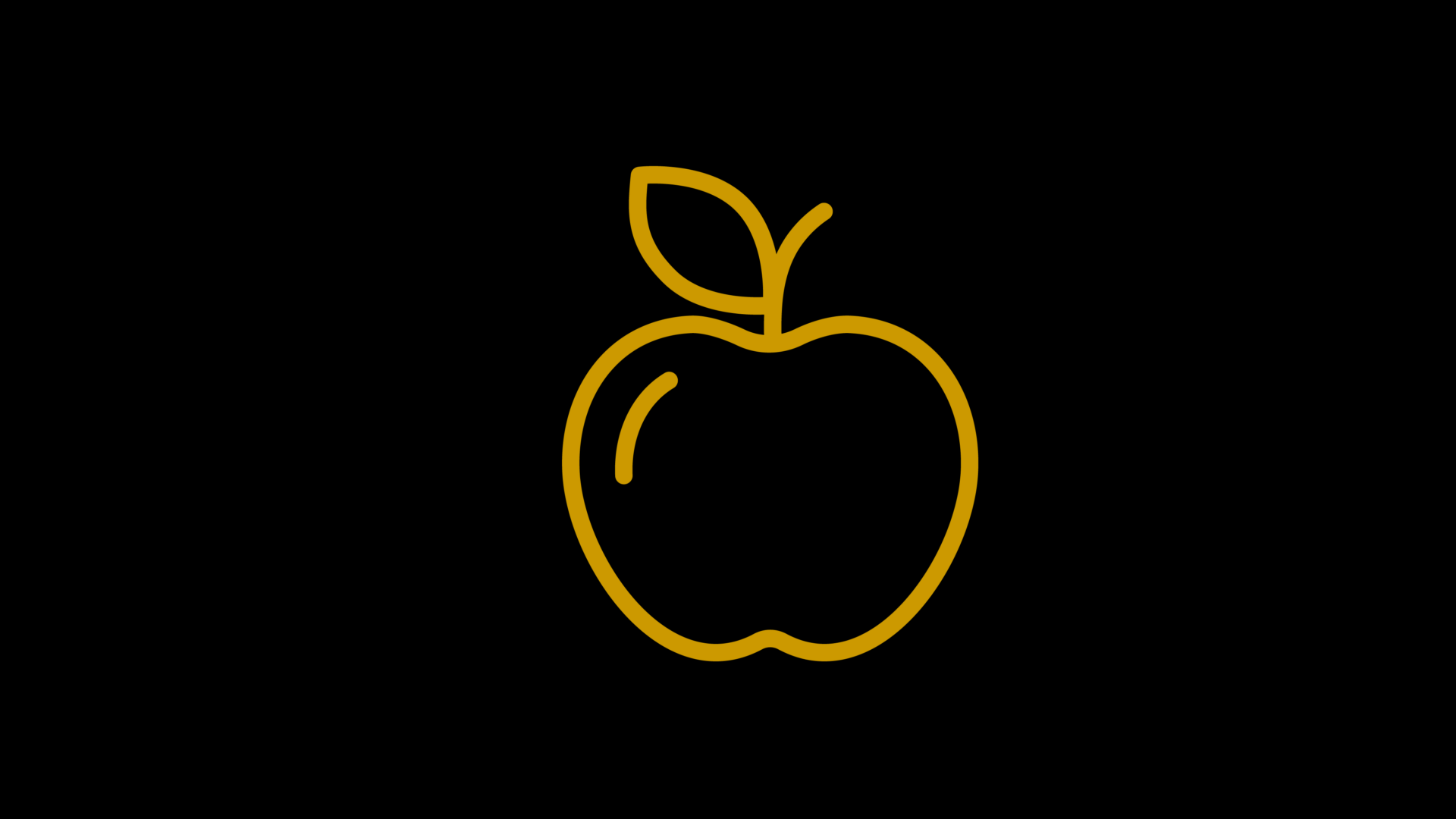Faculty of business and law research projects
Our Projects
FBL Research projects that support Sustainable and Resilient Communities
These research projects support climate action, climate finance, climate change adaptation and mitigation, energy transition, social and environmental accounting, corporate social responsibility, housing affordability, green and sustainable supply chains and transportation, inclusive and sustainable entrepreneurship, sustainable tourism, education in regional and remote communities, developmental economics.
We are prioritising research outcomes in the Faculty of Business and Law to align with our priority SDGs.
FBL Research projects that support Sustainable and Resilient Communities
Investigators: Rachel Ong ViforJ, Wendy Stone, Alfred Dockery, Marietta Haffner



Australia’s housing system is undergoing a major transformation, marked by growing precariousness that has now spread across all housing tenures. The wellbeing impacts of this are not well-understood. This project aims to develop a contemporary conceptualisation of housing precariousness as a multidimensional experience that exists in potentially variable ways for renters, owners and the marginally housed. Using mixed methods and cross-country analyses, the project expects to produce new evidence on pathways in and out of precariousness, as well as the coping strategies and wellbeing of the precariously housed. This is expected to offer major benefits by informing housing assistance policies that promote the wellbeing of Australians.
This project is funded by the Australian Research Council.
Investigators: Elizabeth Jackson, partnering with End Food Waste CRC, Honey & Fox Pty Ltd, Regional Development Australia, Murraylands Riverland and Curtin University



Managing food waste is often not the highest priority for small food businesses, even though combined primary producers and food manufacturing businesses account for 39% of food waste annually in Australia. Results from the Fight Food Waste CRC’s Training Needs Analysis clearly demonstrated a need for food waste training aimed at small businesses to be delivered in multi modalities. A challenge, however, is encouraging businesses to engage with formal food waste training and education. Using a circular economy lens, this project will develop a Food Waste Management Training Framework for regional based food SMEs that is grounded in data from interviews and case studies. The framework and other resources developed through the project will focus on economic motivations for regional small food businesses to engage in training and skills development initiatives through to business capacity-building networks. A network of regional small food businesses will create a platform to inform the development and provision of food waste training programs that can ultimately be rolled out nationally across regional Australia.
This project is funded by Fight Food Waste.
Investigators: Habib Rahman, Ruhul Salim, Muammer Wali, Zee Islam and Ivan Morales



The primary objective of this initiative is to enhance the effective implementation of Nationally Determined Contributions (NDCs) within specified regions, ensuring alignment with the climate objectives outlined in the Paris Agreement. The project plays a significant role in catalysing tangible climate action by bringing together high-level government officials, academics and subject matter experts. These stakeholders engage in strategic dialogues, promoting regional collaboration and knowledge exchange. The anticipated outcomes include the development of an all-encompassing policy framework, which will be informed by regional best practices and will serve as a guide for the implementation of NDCs. The project enables nations to synchronise their climate policies with their international commitments, contributing to sustainable development. Moreover, it is fortifying diplomatic relations via joint endeavours, enhancing resilience against climate change, and propelling the international climate agenda forward. The project is positioned to instigate transformative climate action across the participating regions.
This project is funded by the Department of Climate Change, Energy, the Environment and Water and the Department of Foreign Affairs and Trade.
Investigators: Richard Oloruntoba



This collaborative project investigates and analyses sustainable value chains in Nickel production regarding sustainability risks and risk reduction strategies. Nickel is crucial for the global transition to renewable energy sources as battery-grade Nickel contributes to the development and scalability of lithium-ion batteries and the electric vehicle (EV) industry. At the same time, the Nickel industry faces several significant environmental and social challenges, such as inefficiency in resource use including overconsumption of energy and water, and minimal community engagement. These challenges must be urgently addressed to achieve sustainable solutions, particularly as lithium-ion battery production and the EV industry scales up to meet rising global demand. The project involves collaboration between Curtin Faculty of Business and Law, Kedge Business School Bordeaux, University of Toulouse, and CNRT- Nickel Mining Association New Caledonia.
This project is funded by the Academy of Social Sciences in Australia.